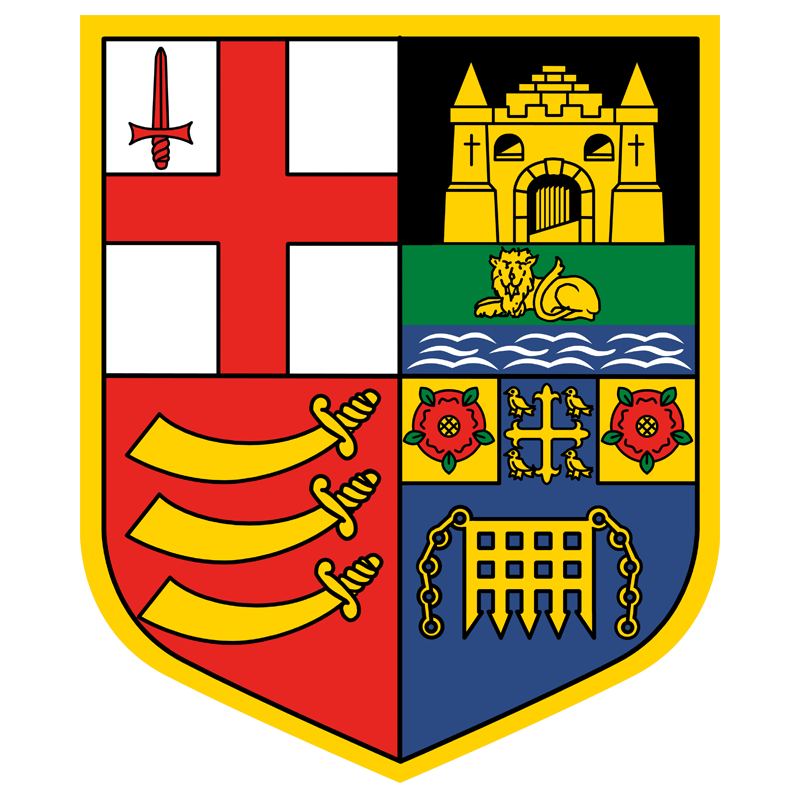Bob Downie rembembers the late Ron Needs, who died on 25 April 2016, at the age of 90…
It is with great pride and great sadness that we recall the life of Ronald Arthur Needs. He was an inspiration to many many oarsmen and oarswomen both at LRC and elsewhere, from club, university, to the internationals. We will not repeat here what so many other clubs, universities, GB Rowing, FISA and the papers have already published, but we will simply address the story of Ron and LRC, and most importantly, how Ron found his way to our club...
It was in 1973/74 while Chris Drury, a long term LRC rower, was enjoying one of his occasional breaks from LRC, sculling down at Leander Club, that the story began. Drury was fortunate to have found himself being coached by Ron in his single. Under Ron’s careful tuition Drury succeeded in being the fastest lightweight sculler in the Sculler’s Head. This inspired Drury to ask Daniel Topolski to form a lightweight four. The two of them then approached Nick Tee and Graeme Hall. By natural succession Ron began coaching this four with the intention of achieving national selection in the newly established international lightweight championships.
Initially they borrowed blades from Tideway Scullers and a coxless four from Leander Club. Then Topolski, Drury and Peter Coni, with Ron's assistance, identified a Karlisch coxless four for sale from Crowland. Coni, recognizing the potential, arranged for LRC to purchase the four. The four lightweights, and Ron, then moved permanently to LRC, unbeknownst to them at the time, effectively setting up the first lightweight squad in the country. Ron’s coaching and organizational skills would now set LRC on a singularly successful path for the next several years, bringing LRC out of the doldrums in which it had been mired for some time.
In 1975 the four achieved a Silver Medal at the World Championships setting Ron on a course of international achievement rarely matched. The following year, 1976, Hall and Drury stayed on to form an eight which won another Silver Medal, losing at Henley in the Grand to the eventual winners along the way. In 1977, and 1978, Ron’s Lightweight Eights won successive Gold Medals, also picking up two Henley Thames Cup Wins. Also, in 1978, the Head of the River pennant, the only occasion on which a lightweight eight has ever won. In 1979 a lightweight four from Ron’s Squad picked up a further Gold.
These are only the highlights, because the tally of victories for Ron’s crews is numerous. However, LRC under Ron’s careful touch became a byword for excellence in rowing, his crews being both technically superior and well trained, despite the fact that they all worked for a living. These were the days before full- time athletes. But of particular note should be the fact that Ron remained, throughout his career, an amateur coach, out-performing many of his professional colleagues.
As one can imagine these were the glory days not just for Ron and the Lightweights but for London Rowing Club itself. It had re-established itself as a major rowing centre attracting not just lightweight oarsman with an eye for international rowing but also heavyweight and club oarsman.
It was indeed a sad day for the club when Ron was lured away to the heavyweight squad and the Olympic Games. However, his legacy lived on and the LRC lightweights were able to build, at least for a few years, on the solid foundation he had laid down. LRC recognised his significant contribution to the club by making him an Honorary Life Member following his departure.
Apart from Ron’s excellence as a coach, which is recognised worldwide, one must not forget his qualities as a person. He was a singularly kind and generous man, he had on numerous occasions funded boats and bought boats for his various crews when money was short. He was also exceedingly polite and tolerant with enormous patience. For those of us lucky enough to have known him as a friend and have been coached by him, he was without doubt peerless. We will miss him.



